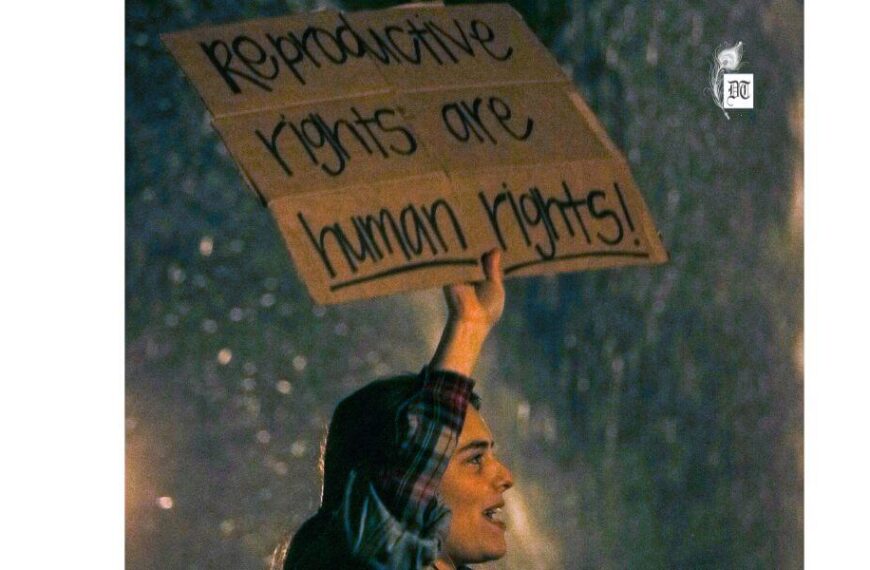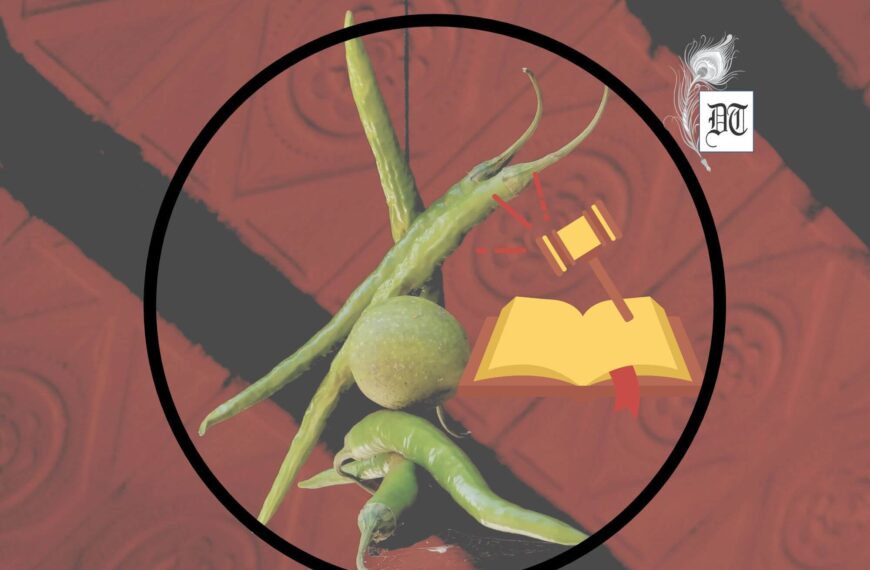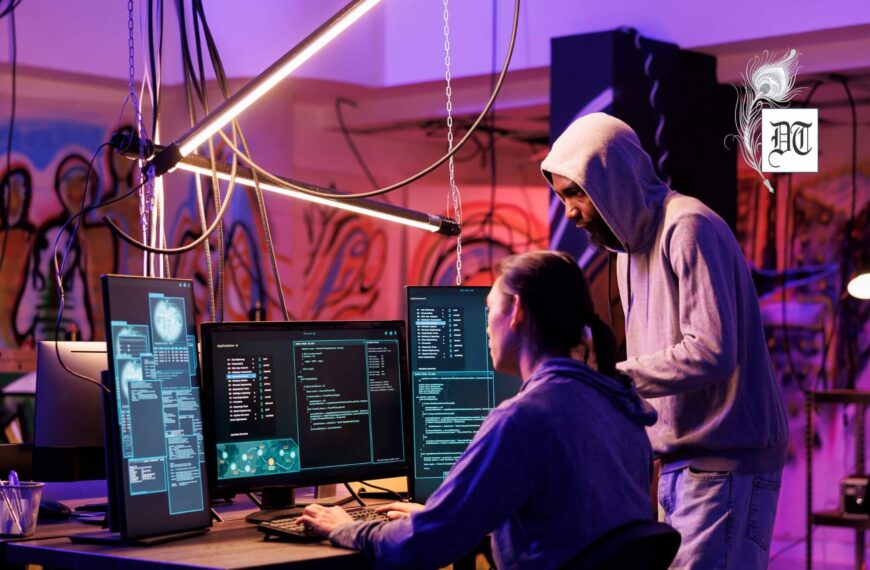The conduct of the Bar Council of India over the past few years has been far from satisfactory. Instead of setting stellar standards for the legal profession, the BCI has been marred by factional politics, conflict of interests, and lack of transparency. At the same time, BCI’s press release this time is unprecedented, since it is openly partisan and divisive, in the name of allegedly protecting the sanctity of judiciary. BCI has no role in commenting on the judges’ statements. A report, for Different Truths.
On 22nd June 2018, Justice J. Chelameswar retired from Supreme Court, after a tenure of almost 7 years at the Apex Court of the country. After his retirement, he gave interviews to various media platforms, including print and electronic media, which seemed to have upset the Bar Council of India (BCI), the statutory body established to regulate the conduct of Advocates in the legal profession. In a press release replete with half-truths and information, and even misspelling the Judge’s name wrong (!), BCI stated that Justice Chelameswar’s statements “cannot be tolerated, accepted or digested by the Advocates, including the rest of the countrymen.” The press release also wrongly accuses the Judge of using phrases like ‘bench-fixing’, which he never did in his interviews and also refers to the historic press conference conducted by the four senior-most judges of the Supreme Court, including Justice Chelameswar, on 12th January 2018 in a disparaging manner. The whole tone and tenor of the press release is to malign the Judge’s impeccable integrity and credibility and to insinuate political motives to his actions.
The conduct of the Bar Council of India over the past few years has been far from satisfactory. Instead of setting stellar standards for the legal profession, the BCI has been marred by factional politics, conflict of interests, and lack of transparency. At the same time, BCI’s press release this time is unprecedented, since it is openly partisan and divisive, in the name of allegedly protecting the sanctity of judiciary. BCI has no role in commenting on the judges’ statements, while keeping mum when Advocates had beat up JNU student leader, Kanhaiya Kumar, at the Patiala House premises in February, 2016. In the aftermath of the landmark press conference on 12th January, 2018, BCI had openly sided with the Chief Justice of India, Dipak Mishra, and been critical of the four judges, and made no attempt to understand the concerns raised by those judges.
In fact, the partisan nature of BCI is evident from the fact that the Chairperson of BCI, Manan Kumar Mishra, had openly campaigned for the Bharatiya Janata Party (“BJP’) and the Prime Minister in the 2014 elections. Though ostensibly done in ‘personal capacity’, this fact itself explains the BCI’s conduct over the last few years. In the 24th June press release, BCI moans about the “amount of damage done to the institution since last January”, but has not uttered a word condemning the action of the Centre in refusing to elevate Justice K.M. Joseph’s elevation to the Supreme Court despite the Supreme Court Collegium’s recommendation. The Government’s repeated encroachment into judiciary’s independence by tampering with the judicial appointments has outraged the entire legal fraternity, and judiciary, with several judges publicly denouncing the Government’s action and the CJI’s inaction. But obviously, the BCI was not moved.
If the BCI is so concerned about the sanctity of institutions, then it should categorically stand in support of those lawyers like Surendra Gadling from Nagpur or S. Vanjinathamfrom Tamil Nadu who have been arrested on trumped up charges, but basically for representing poor Dalits and tribal communities. The increasing trend of lawyers being targeted or victimised by the State establshment for their public interest work is extremely troublesome, and BCI, being the apex body tasked with the responsibility of “safeguarding the rights, privileges and interests of advocates,” is statutorily mandated to work for the welfare of lawyers, who are fighting to preserve the democratic and constitutional values, often at grave personal and professional risks.
The complete silence of BCI on the increasing attacks on lawyers doing rights work, while unfairly targeting Justice Chelameswar for his frank opinions on the state of judiciary speaks volumes about BCI’s own integrity, rather the lack of it. And for the BCI to do it in the name of “99.9” advocates who allegedly support their action is laughable, considering the number of lawyers who have actively supported the four judges and their call for a more accountable and representative Supreme Court.
Having had the privilege of listening to Justice Chelameswar at a public gathering on 18th May, 2018, his last working day, I was awestruck by his humility and his passion for his work, as well by his safe awareness about the expected consequences of the 12th January, 2018 press meet. He was mobbed by lawyers, both young and old, and there was almost a sense of loss amongst the lawyers, as if the Court’s moral compass was leaving. History will judge both Justice Chelameswar’s actions and BCI’s action in one of the most critical periods of the Indian Judiciary, and as witnesses, we know who has made valiant attempts to protect the institution, and whose complicity in its destruction is all evident. It’s a pity that BCI has failed both the lawyers and the legal profession, but their sense of misplaced entitlement is almost comical, if not such a travesty of a statutory body.
Amritananda Chakravorty
©IPA Service
Photo from the Internet


 By
By

 By
By
 By
By